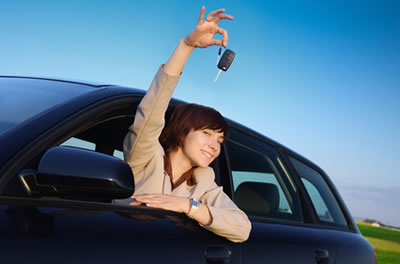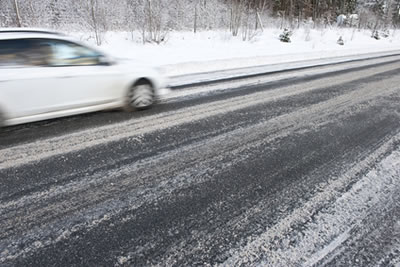
You’ve just had a minor accident in your vehicle. What should you do? Here is our advice and a few basic tips on what to do should you be involved in an accident in the UK.
You've just had a minor accident in your vehicle. What should you do? You could panic, and that would be understandable since people's brains often shut down under stress. But, a better course of action would be to have a plan before you even have an accident.
If you're never in a vehicle accident, then great, all you've lost is a little bit of time reviewing what you should do after an accident. However, if you are ever in an accident, even a minor one, you will appreciate having taken the time to review a few basic tips on what you should do.
If you are involved in a vehicle accident in the United Kingdom, you are required to stop even if you are not at fault if anyone is injured or if any property is damaged. You are also required to stop if an animal is injured.
Even if your vehicle is not damaged, and even if you are not directly involved, you are still required to stop if your vehicle's presence is a factor in the accident.
After a vehicle accident, you should accomplish 5 things that will make it easier on the police, your insurance company, and yourself if there are any future claims or court actions.
Check for Injuries
Property can be replaced, but lives cannot. The first thing you should do after an accident is to check for injuries. If anyone is injured, your first priority should be to assist the person if possible.You should then contact emergency personnel if required. A quick call to 999 can connect you with the proper emergency service.
Exchange Information
You should exchange contact and insurance information with the other driver. In the United Kingdom, you are required by law to provide this information.If the other driver refuses to give you this information, you should not argue. Instead, you should write down the description and license number of the car. This will assist the police in locating the vehicle later.
Collect Information
The best time to gather evidence is right after the accident has occurred. Even if the police are at the scene, you should still collect some information on your own. You should keep a pen and paper in your vehicle for this purpose.You should write down the names and contact information of any witnesses. Also, you should write down the force and collar number of any police officers at the scene.
A picture is worth a thousand words, so if you have a smartphone, you should take as many pictures as necessary. You should take pictures of any damage to the vehicles as well as any other property damage. If you do not have a smartphone, then you should keep a disposable camera in your vehicle if possible.
Report the Accident
Vehicle accidents are required to be reported to the police within 24 hours. If you are involved in a major accident, the police should be notified immediately via 999. In the case of a minor accident, the police may or may not respond to the scene.You also need to report the accident to your insurance company even if you do not plan on making a claim. If your insurance policy specifies a time period for reporting accidents, they could refuse to pay future claims if you fail to report the accident within the required time period.
Avoid Confrontation
This is the final and most important tip. The scene of the accident is not a court of law. It is neither the time nor place to get involved in an argument about who was at fault.You should let the police and the courts determine who caused the accident. You should always tell the police the truth, but you should never admit fault.
Being involved in a vehicle accident is not the end of the world, but it can be stressful and even a little scary. However, if you print out these tips and leave a copy in your car, you will always have a plan ready in case an accident does occur.



